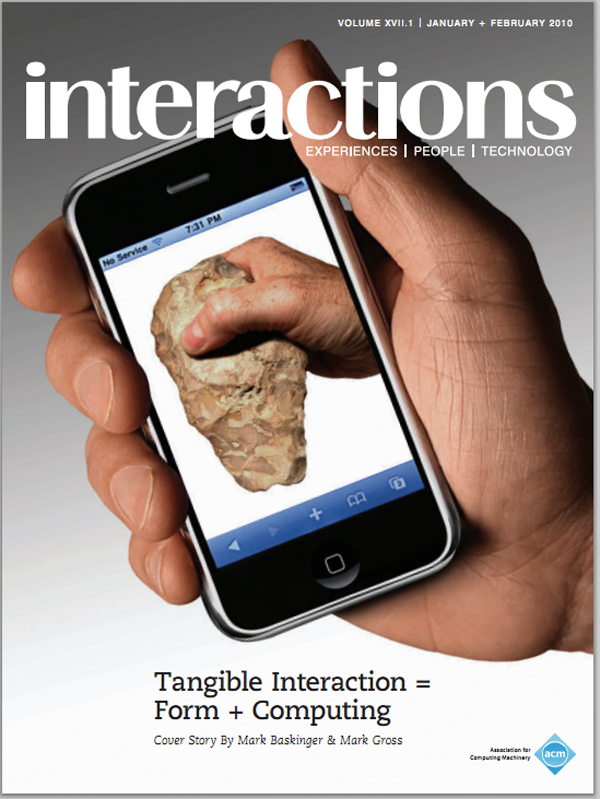Authors:
Peter Jones
This article will step back in time to retrieve alternative, influential views of conversation for design, and then bring the discussion forward to current situations where we might learn from this history. Three historically parallel pathways can be shown as influenced by a common circle of systems theorists: the well-known language/action perspective (LAP) [1], Rittel's argumentation perspective [2], and the dialogic design school, emerging from Christakis's structured dialogue [3] and Warfield's science of generic design [4]. Distinctions between these three perspectives are readily apparent in the embodiments of their design languages in software, with very different routines for conversation…
You must be a member of SIGCHI, a subscriber to ACM's Digital Library, or an interactions subscriber to read the full text of this article.
GET ACCESS
Join ACM SIGCHIIn addition to all of the professional benefits of being a SIGCHI member, members get full access to interactions online content and receive the print version of the magazine bimonthly.
Subscribe to the ACM Digital Library
Get access to all interactions content online and the entire archive of ACM publications dating back to 1954. (Please check with your institution to see if it already has a subscription.)
Subscribe to interactions
Get full access to interactions online content and receive the print version of the magazine bimonthly.







Post Comment
No Comments Found